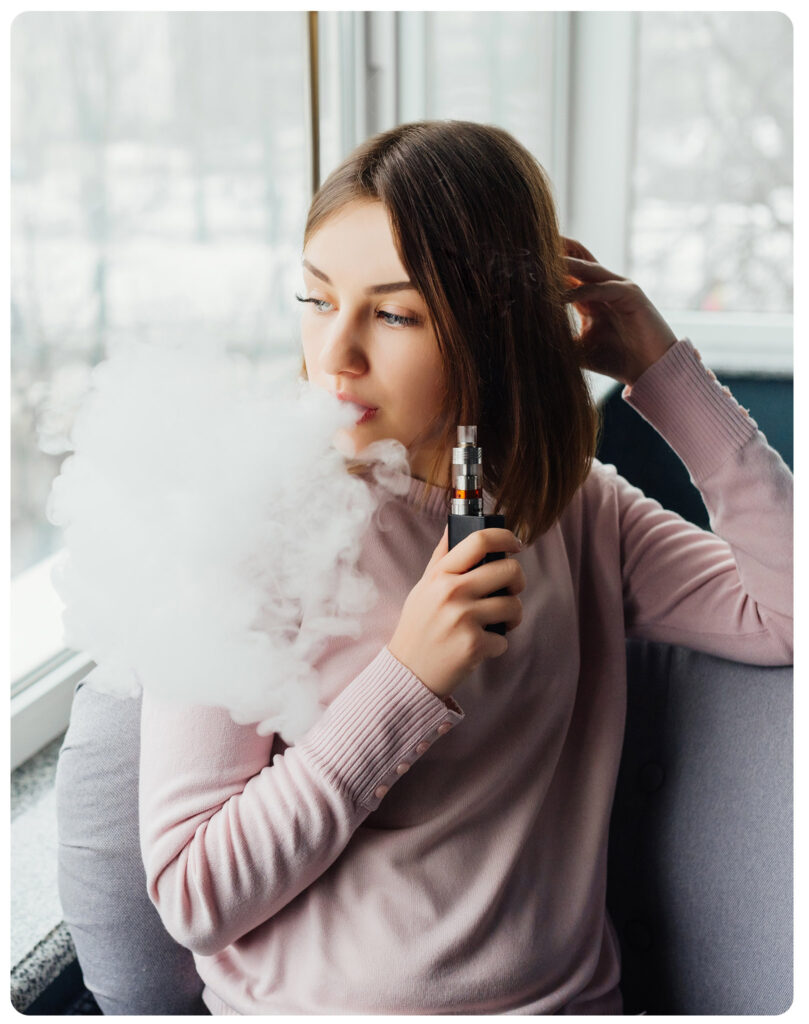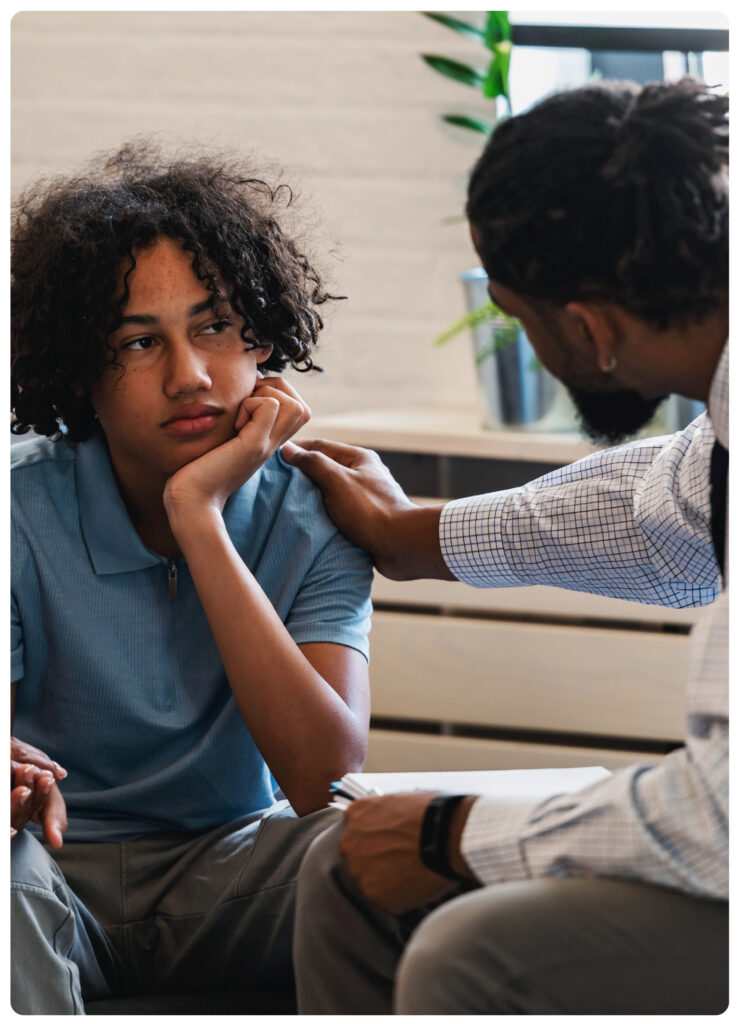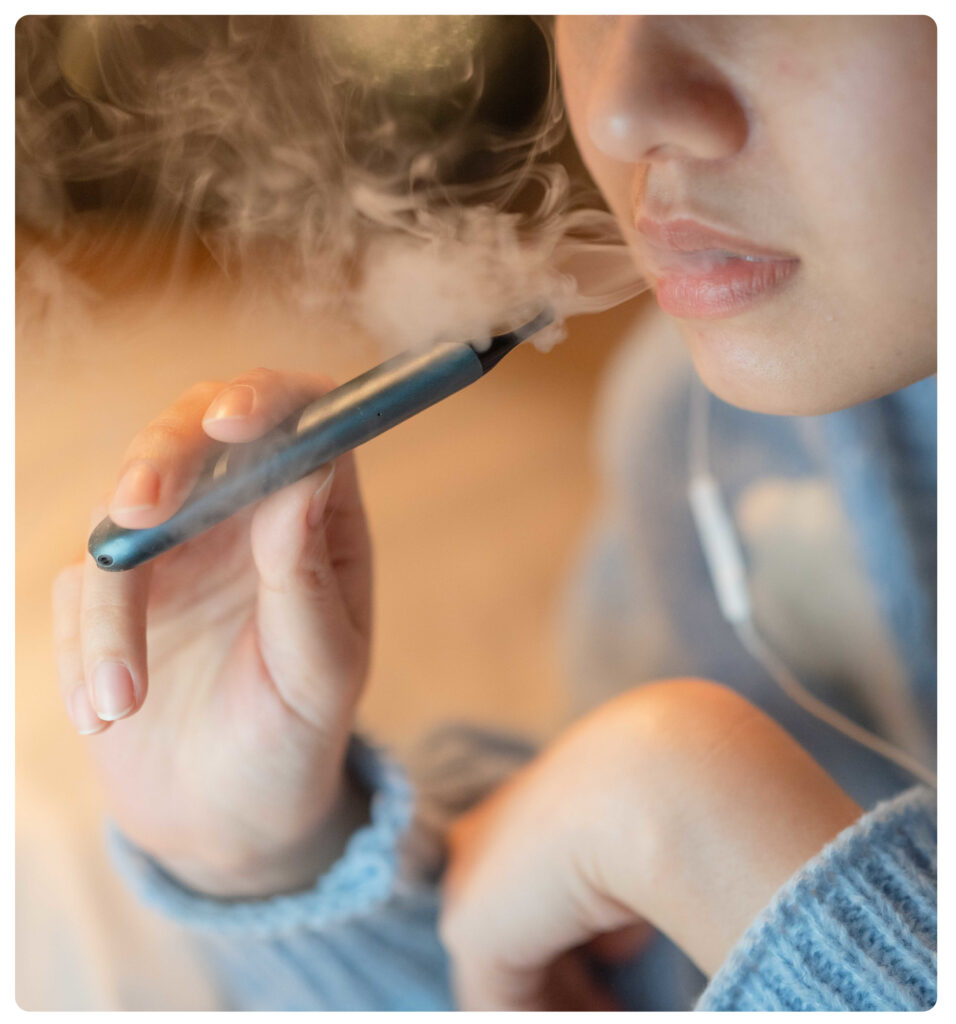
Get Free Support to
Stop Teen Marijuana Use
You know your child. If you think your teenager is regularly using marijuana – also known as cannabis – it’s time to take action. We’re here to help with a free, proven program.
It may seem like marijuana use isn’t a big deal these days, but it can have serious consequences – especially for teenagers. Research indicates that marijuana use during adolescence can thin the brain’s prefrontal cortex, which continues developing until age 25. This can negatively impact planning, decision making and impulse control. Marijuana can also increase the risk of developing mental health issues. And it becomes addictive for some people, with research showing 30% of users meet the criteria for cannabis use disorder.
Trust your instincts about your teen. It’s usually when they don’t want you that they need you the most.

Getting High Isn’t Harmless
Adolescents who regularly use marijuana can face a wide array of issues.
Short-term marijuana use can:
- result in academic issues
- disrupt social connections
- diminish concentration and memory
- cause lack of interest or motivation
- decrease attention and coordination
- increase aggression
- worsen existing/underlying mental health issues
- interfere with prescribed medication
- make car accidents more likely
- prompt risky sexual behaviors
- lead to other drug or alcohol use
Long-term marijuana use can:
- impair normal brain development, impacting cognition and memory
- lead to cannabis use disorder
- increase likelihood of respiratory health issues associated with cigarette smoking, including asthma and lung cancer
- elevate the risk of developing mental health problems, including schizophrenia and suicidal ideations

Accessing Free Support
to Help Your Teenager
LSF Health Systems partners with Gateway Community Services, a nonprofit with expertise in helping teenagers understand the negative effects of marijuana and ultimately stop using. Experts at Gateway follow evidence-based cannabis treatment guidelines that have helped teens successfully remain cannabis-free one year after treatment.
It’s simple, effective, confidential and free to youth aged 13-17.
Here’s how it works:
-
- Teens attend five one-hour therapy sessions.
- These sessions include one-on-one and group sessions that teach teens skills to help them better cope with underlying problems in ways that do not involve marijuana or alcohol.
- Your family may be eligible to receive free case management and in-home services.
Identifying Marijuana
Use and Talking About It
Sometimes it’s not easy to tell if your child is using marijuana – or to start a conversation with them about it. We’re here to support you.
Signs of marijuana use:
- possession of materials used with marijuana, such as vapes, pipes or rolling papers
- strong scents on clothes, bags or in cars, (some vapes can smell sweet)
- red or bloodshot eyes
- delayed reaction times
- laziness/tiredness
- mood swings
- social withdrawal
- sense of euphoria
- sudden hunger/snacking

Once you identify marijuana use, having a conversation about it with your teen can be tricky. The suggestions below are a great place to start, but remember, we’re here to help you navigate the hardest part – getting them to stop.
Suggestions for talking about it:
- Choose a good time to talk when your child is sober and you are both not rushed.
State your suspicions with specific reasons why you are concerned in a non-accusing and caring manner. - Preplan for strong reactions and try to stay calm.
- Express the dangers involved in marijuana use and reaffirm how much you care about them.
- Discuss your expectations and plan to have them stop, using professional resources when needed.


